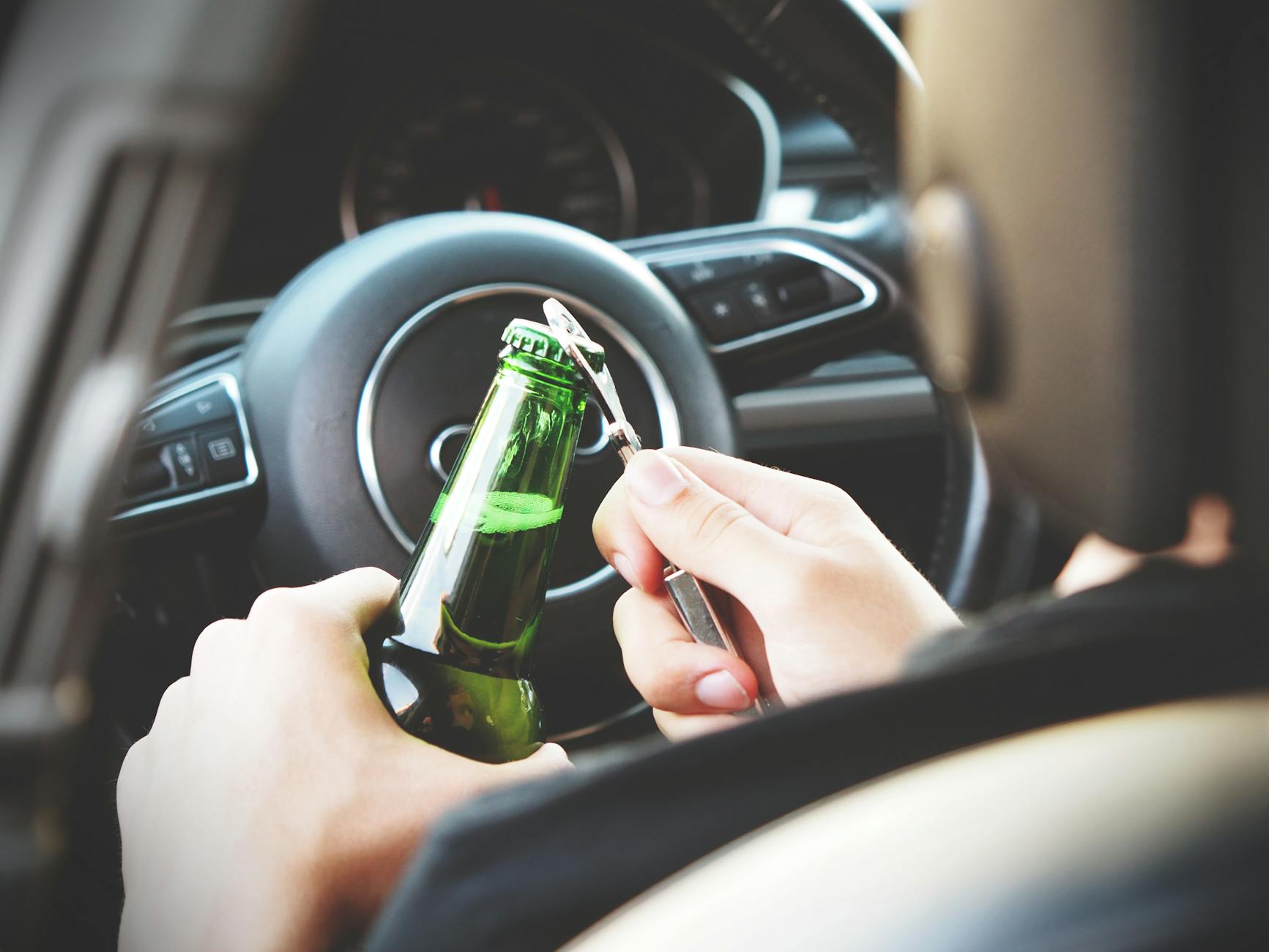Discover the magic number of beers that will have you feeling buzzed and learn the science behind alcohol intoxication.

Image courtesy of energepic.com via Pexels
Table of Contents
Unlocking the Secrets: How Many Beers Does it Take to Get Buzzed?
Have you ever wondered how many beers it actually takes to get drunk? The answer isn’t as straightforward as you might think. In this blog post, we’re diving deep into the science behind alcohol metabolism, individual tolerance levels, and the various factors that influence how intoxicated you might get after drinking a certain amount of beer. Let’s uncover the truth about this age-old question.
Understanding Alcohol Metabolism
Alcohol metabolism is a complex process that occurs in the body when you consume alcoholic beverages. When you drink beer, the alcohol is quickly absorbed into your bloodstream through the stomach and small intestine. The liver then steps in to metabolize the alcohol. Approximately 90-98% of alcohol is metabolized by the liver, with the remainder being excreted through breath, urine, and sweat.
One interesting fact about alcohol metabolism is that it occurs at a relatively constant rate, typically metabolizing about one standard drink per hour. This means that drinking more alcohol than your body can metabolize in a given timeframe can lead to an increase in blood alcohol concentration, resulting in intoxication.
Individual Tolerance Levels
Everyone’s Tolerance to alcohol is unique and can be influenced by a variety of factors, including weight, gender, genetics, and even how often you consume alcohol. Tolerance refers to the body’s ability to process and handle alcohol, affecting how intoxicated you feel after consuming a certain amount.
Individuals with higher tolerance levels may require more beers to feel the effects of intoxication compared to those with lower tolerance levels. Factors such as body weight and metabolism play a role in determining a person’s tolerance to alcohol. It’s important to be aware of your own tolerance level to alcohol and drink responsibly.
Factors Influencing Intoxication
Several external factors can influence how quickly you get drunk after drinking beer. For example, consuming food before or while drinking can slow down the absorption of alcohol into the bloodstream, potentially reducing the effects of intoxication. Staying hydrated and pacing yourself while drinking can also help to mitigate the effects of alcohol.
It’s essential to be mindful of mixing different types of alcoholic beverages, as this can increase the rate at which you become intoxicated. Keeping track of how many beers you’ve consumed and knowing when to stop can help prevent overconsumption and potential negative consequences.
In conclusion, the answer to the question of how many beers it takes to get drunk isn’t the same for everyone. Understanding the science behind alcohol metabolism, individual tolerance levels, and the various factors that can influence intoxication levels is key to making informed decisions about alcohol consumption. Remember to drink responsibly, know your limits, and prioritize your well-being when it comes to alcohol intake.
How does body weight affect alcohol tolerance?
Body weight plays a role in alcohol tolerance, as individuals with higher body weight typically require more alcohol to feel the effects of intoxication.
Can drinking water help reduce intoxication levels?
Staying hydrated by drinking water can help reduce the effects of alcohol intoxication and potentially slow down the absorption of alcohol into the bloodstream.
How does alcohol metabolism work?
Alcohol metabolism occurs in the liver, where approximately 90-98% of alcohol is broken down at a constant rate of about one standard drink per hour.
Is it safe to mix different types of alcoholic beverages?
Mixing different types of alcoholic beverages can increase the rate at which you become intoxicated and is not recommended for safe alcohol consumption.
Generated by Texta.ai Blog Automation
Leave a Reply